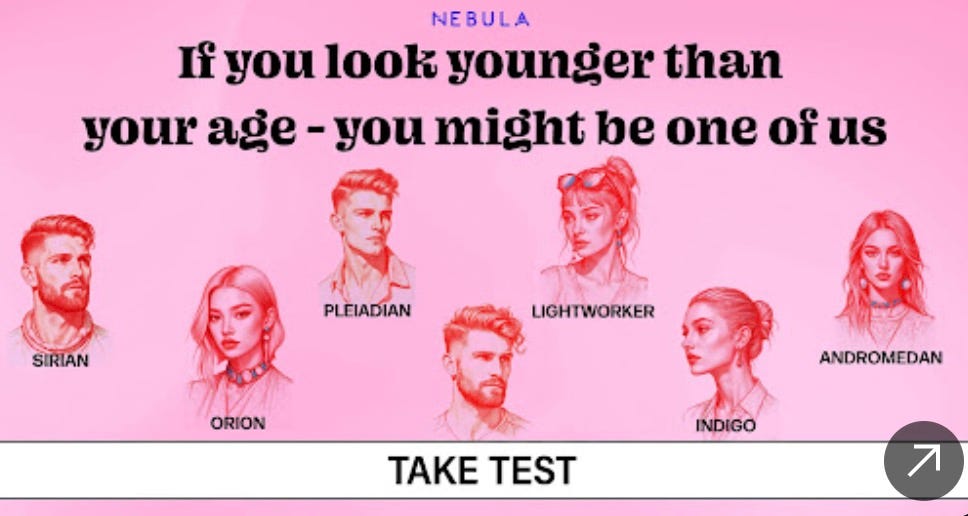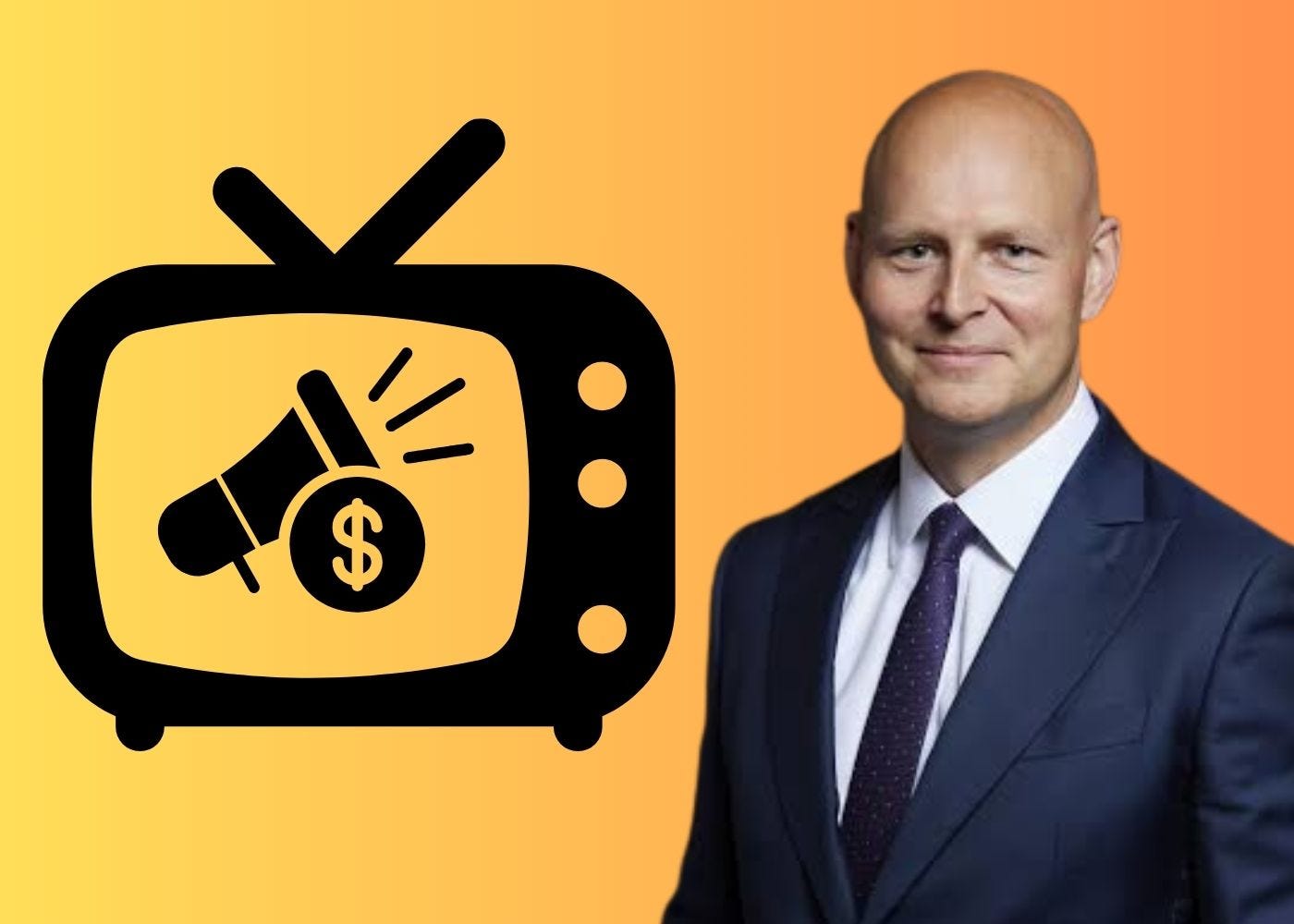YouTube ‘not a broadcaster’ says Google as British MP calls for TV-style ad rules
MP Max Wilkinson said platforms like YouTube are subject to a "lighter touch" regime as he urged Ofcom to impose pre-screening and fines for harmful ads.
Ads on YouTube videos should be regulated the same way as those on TV and radio, said UK Liberal Democrat MP Max Wilkinson. He has called for stricter oversight of online ads to match the changing habits of British viewers.
"It's clearly not right that a platform now more watched than almost any traditional broadcaster is still operating under a lighter touch advertising regime," Wilkinson, who is also the party’s cultural spokesperson, told the BBC.
"Regulations need to catch up with the reality of how people are watching content and unscrupulous advertisers must not be allowed to use loopholes to exploit people."
His comments come on the heels of Ofcom's latest annual report, which found YouTube is now the second most-watched media service in the UK, behind the BBC and ahead of ITV. Its popularity has marked growing tension over the regulatory gap between legacy media and digital platforms, the latter of which are now the dominant way many people consume content.
Online Ads
Ads run on online sites are not subject to the same pre-approval advertising standards that traditional broadcasters must follow.
Instead of mandatory vetting, YouTube relies on user reporting to identify violations of its ad policies, which ban promotions of counterfeit goods, recreational drugs and hacking tools, among other things.
Google, which owns YouTube, told Scamurai it had removed over 5.1 billion ads and restricted another 9.1 billion in 2024 alone. It also suspended more than 39.2 million advertiser accounts for major violations and blocked ads on 1.3 billion publisher pages.
The UK is trying to combat issues around internet safety and fraud. The UK’s Online Safety Act, which came into force in March 2025, introduced new duties for online services to tackle illegal and harmful content. But its rollout has been controversial and enforcement is still ramping up.
Ofcom, the country's media regulator, has been tasked with overseeing how services tackle paid-for fraudulent advertising but it doesn’t yet vet individual ads or complaints.
An Ofcom spokesperson told Scamurai that when the Online Safety Act is fully in force, 'categorised' services, which it expects to include some of the most widely-used sites and apps, will be subject to additional duties, including tackling paid-for fraudulent advertising.
Ofcom added it won’t assess individual complaints like it does in broadcasting. "Any additional regulation of advertising would be a matter for Government," a spokesperson said.

Google, for its part, defended its current system. "YouTube is not a broadcaster and it should not be regulated like one. We have strict policies that govern the ads on our platform which we enforce rigorously," a spokesperson told Scamurai.
"When we find ads that breach our policies we take immediate action, including removing the ads and suspending the account when necessary."
The company argued that its open platform and partnership model make it fundamentally different from traditional broadcasters, but acknowledged it is increasingly regulated in other markets and plans to work closely with Ofcom in the UK as part of the Online Safety Act.
Still, Wilkinson warned of a two-tier regulatory system. "Traditional broadcasters face robust scrutiny, while a digital giant like YouTube is allowed to mark its own homework," he said.
"It's time for the regulator to treat YouTube adverts much more like TV and radio adverts, to protect UK consumers from misleading or harmful content. The government needs to act now."



